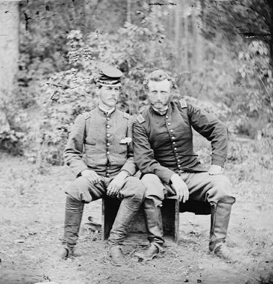
The Confederate Army had a number of soldiers who were Scottish or had Scottish ancestry. Some of the Scottish units formed included the “Scotch Guards” from Alabama, the “Scotch Tigers” of North Carolina and the “Montgomery Highlanders” of Virginia. We will cover more about the Scots and their contribution to the Confederate cause in a separate article.
The Civil War caused not only political divisions, but divisions within individual families. A story of note is about two Scottish born brothers, James and Alexander Campbell, who had come in the 1850’s to build new lives in America. When the Civil War broke out, they found themselves fighting against each other in their new homeland. They are the perfect example of a Brother against Brother conflict that happened more often than we like to think about during the Civil War.
James Campbell had settled in South Carolina, and became a member of the Charleston Battalion. Brother Charles, now from New York, became a member of the Union 79th New York Highlanders. They would ultimately face each other from opposite sides at the Battle of Secessionville in 1862.
The brothers corresponded with each other as the war carried on. They found themselves serving near Secessionville in 1862. When Federal Brother Alex learned of Confederate James’ location, he wrote to his wife on June 10:
“We are not far from each other now . . . this was a war that there never was the like of before Brother against Brother.“
Neither knew it at the time, but they fought each other at the Battle of Secessionville. At Fort Lamar, Federal brother Alexander, a Color Sergeant in the 79th, planted the U. S. flag before the parapet and kept it there until ordered to withdraw. When Confederate resistance started to buckle, Confederate brother James, a Lieutenant, mounted the parapet unarmed, rolled a log down into the mass of advancing federal troops, seized a Federal musket, and continued fighting.
The Charleston Mercury later reported:
“The foe, it is true, displayed admirable courage, the famous Highland regiment, the 79th New York, occupied the prominent place in the picture, but their desperate onslaughts were of no avail against the stubborn resolve and lofty valor of our brave boys.”
The Charleston Courier editorialized on the two brothers, saying:
“another illustration of the deplorable consequences of this fratricidal war.”
It stated Alexander Campbell, “fought gallantly in the late action” and “displayed … a heroism worthy of his regiment and a better cause” while James Campbell “was conspicuous and has been honorable mentioned on our side.”
Afterwards Confederate James wrote his Federal Brother:
“I was astonished to hear from the prisoners that you was color Bearer of the Regmt that assaulted the Battery at this point the other day.” James continued, “I was in the Brest work during the whole engagement doing my Best to Beat you.”
He continued:
“…but I hope you and I will never again meet face to face bitter enemies on the Battlefield. But if such should be the case You have but to discharge your duty for your cause for I can assure you I will strive to discharge my duty to my country and my cause.”
Shortly after the battle, Confederate James, tried to visit his federal brother by going to the Union lines, but Federal troops would not allow James to cross the lines nor allow Alex to be brought out for a meeting of the two brothers.
Alexander wrote his wife in New York:
I hope to God that he and I will get safe through it all and he will have his story to tell about his side and I will have my story to tell about my side.”
After the war, they went their own separate ways, but kept in touch with each other. James went to Charleston, and Alexander went to Connecticut. They forever remained on good terms with each other.. Both had been soldiers, heroes for their own cause, who had fought against each other. But nothing, not even that great war of division, could break their bond of brotherhood.

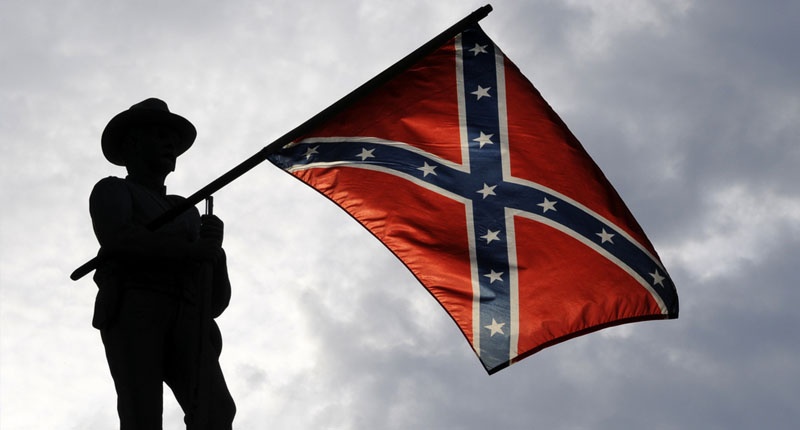
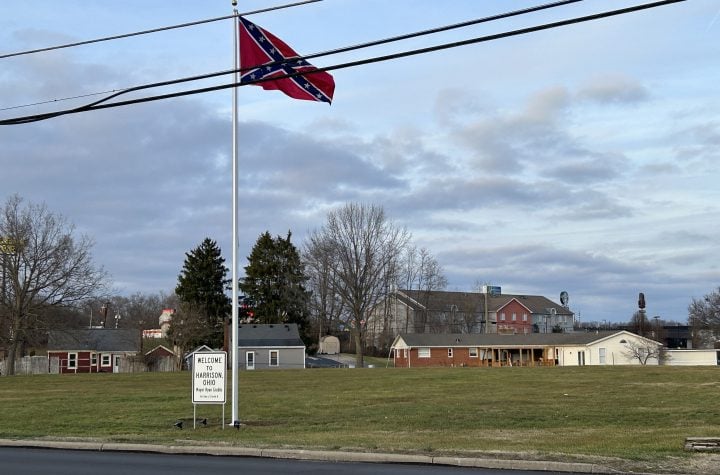
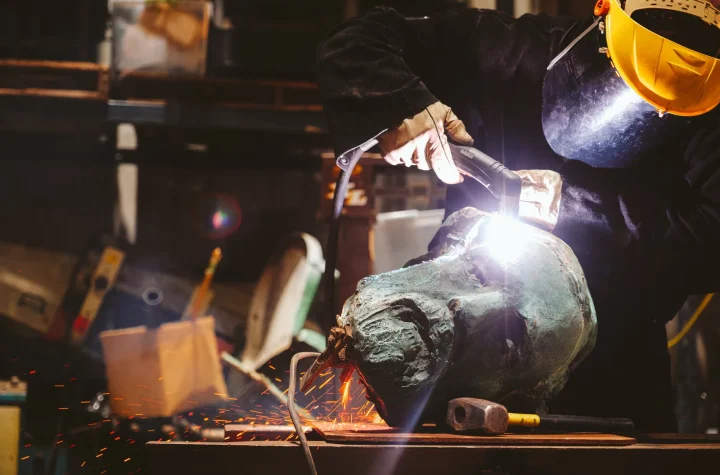
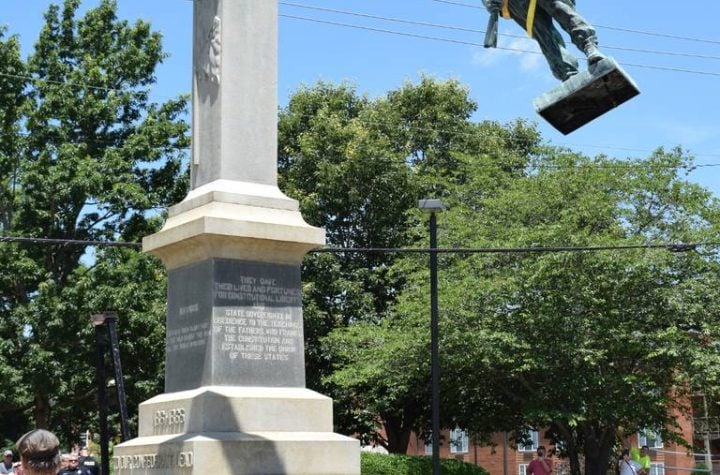
More Stories
Sad Woke Charlottesville liberals Melt down infamous statue of Robert E Lee
NC Appeals Court rules for Town of Louisburg in removal of Confederate monument
The Confederate Flag History: Everything You Should Know